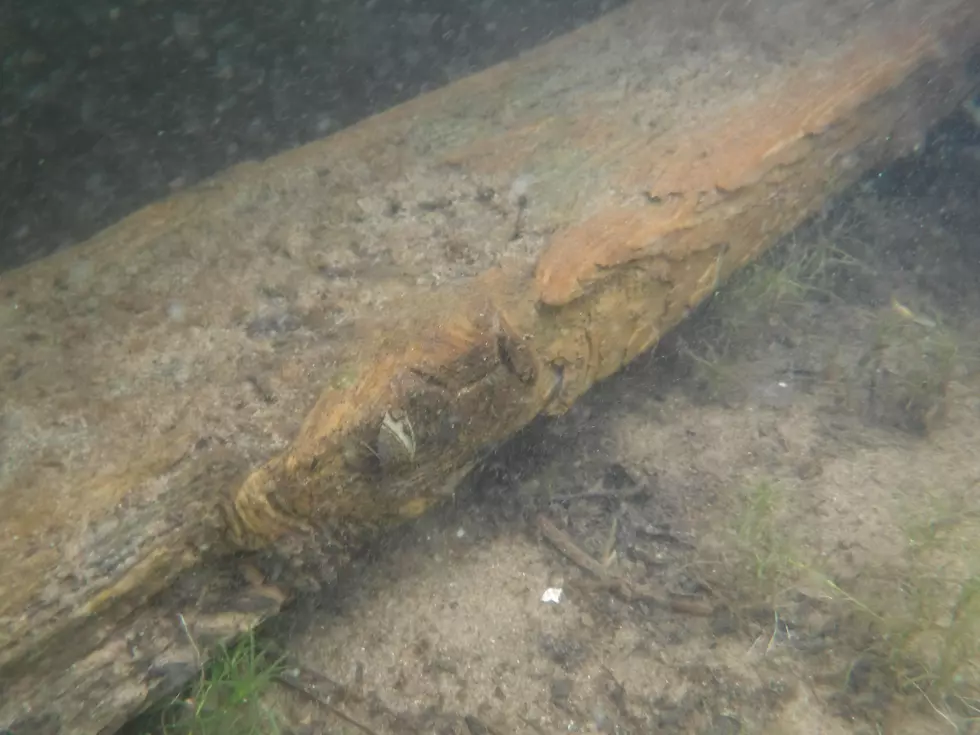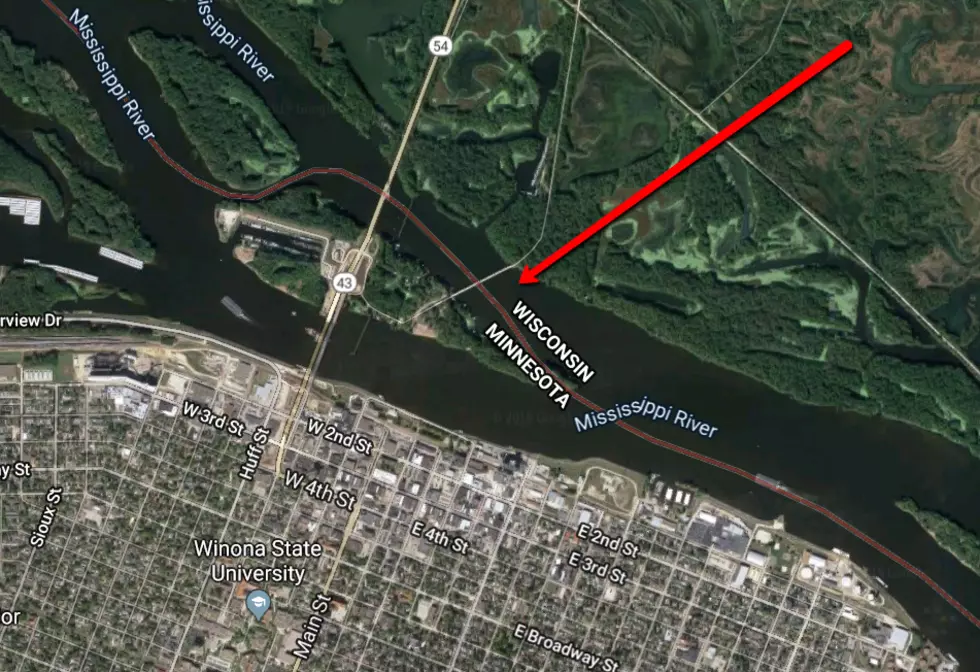
Zebra Mussels Found in Another MN Body of Water
A very unwelcome surprise greeted environmental staff recently as discovery of the invasive zebra mussels were discovered in yet another body of water in Minnesota. A mine pit was being drained in northern Minnesota with water being pumped into a ditch that eventually flows into St. Louis River.
The Rouchleau Mine Pit near Virginia in St. Louis County was being drained to allow for future mining when the discovery occurred. The mining company stopped operations and reported the incident to the Minnesota Department of Natural Resources.
In a news release, the DNR states the water "was being pumped into a drainage ditch that flow into a shallow wetland known as Ramshaw Lake, which eventually flows into Long Lake Creek and the St. Louis River. Those nearby water are not known to have zebra mussels. The St. Louis River eventually flows into Lake Superior, where zebra mussels were first confirmed in Minnesota in 1989."
The DNR explains, "Zebra mussels can compete with native species for food and habitat, cut the feet of swimmers, reduce performance of boat motors, and cause expensive damage to water intake pipes."
The Department of Natural Resources reminds boaters to dispose of unwanted and unused bait, remove all drain plugs and keep them out during transportation of watercraft, and clean plants and invasive species off boats and trailers.
More From KRFO-AM









